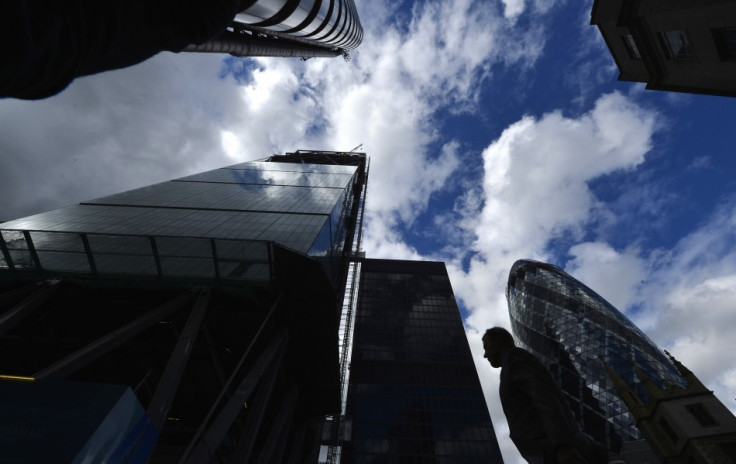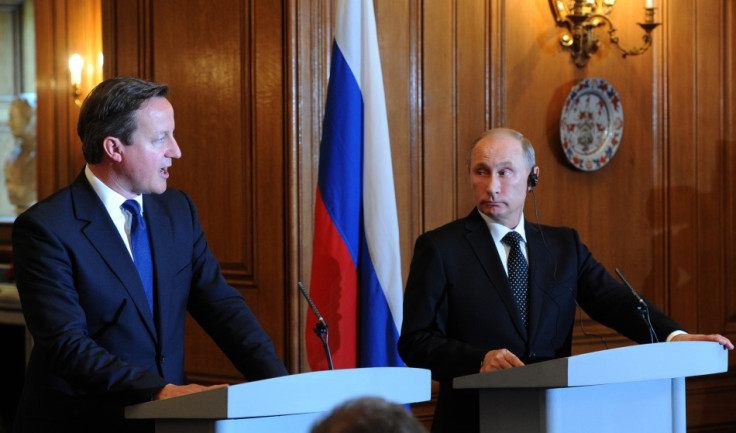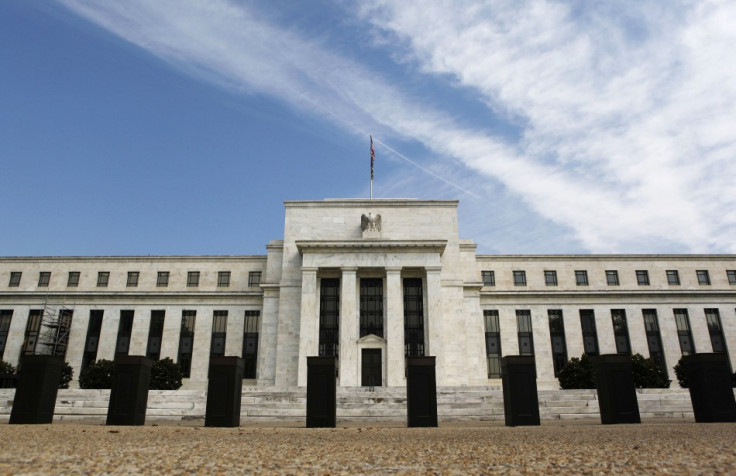Markets, Politics, Economics: Investors' Stupidity, Carelessness or Wishful thinking?

Although there were some signs of calming down last week many investors are clearly far from happy and abnormal market movements can be expected to continue for a while yet.
For me, the biggest surprise over the last three weeks since the 'Great Federal Open Market Committee (FOMC) Tapering Crisis' began, has been the apparent surprise of so many investors.
Markets
Did it really not occur to them that monthly purchases of $85bn are unsustainable for much more than 12-18 months?
If no, then was this out of stupidity, carelessness or wishful thinking?
If yes, why all the worry now, all of a sudden?
Hitherto, I have held Federal Reserve Chairman Ben Bernanke blameless for the turmoil, especially as he has been set up as a scapegoat by those who have to explain away their recent losses.
However, as the most learned of economic historians perhaps he should have known that the words and deeds of successive Fed Chairmen are mostly unheeded. (Alan Greenspan could certainly have told him that and almost seemed to revel in the fact!)
Maybe, he should have realised that in addition to managing monetary policy the FOMC has the task of protecting investors from their own folly.
So, what will Big Ben announce at the close of the next FOMC meeting on Tuesday and Wednesday?
He will surely make clear yet again that tapering asset purchases is different altogether from starting to increase interest rates, which he has no intention of doing for at least another two years. Almost certainly he will want to dispel explicitly the false notion that the asset purchase programme is linked to specific levels of Unemployment.
He probably should announce a timetable for the tapering and indeed the ending of the current programme of new purchases but without committing to any dates for disposals. He may hate having his hands tied in any way but the market desperately needs something definite.
Whatever Bernanke announces will lead to sharp movements in markets around the world.
There may be some relief rallies as more investors recover their cool but, overall, equities are unlikely to resume rapidly their upward march since last summer.
Most investors have been able to move on from the Risk On/Risk Off paradigm that prevailed during 2009-2012 and are discriminating, therefore, between different asset classes.
Accordingly some recent movements may turn out to be quite healthy even if a few currently seem quite odd.

Politics
The G8 Summit takes place at Lough Erne on Monday and Tuesday and is now looking more purposeful on two fronts: the Transatlantic Trade and Investment Pact (TTIP) and international tax evasion. France is likely to engage in brinkmanship to the last, insisting that the media sector is excluded from the TTIP in order to protect French culture.
This seems quite reasonable and other European countries must have similar concerns but the point is to put everything on the table first and then trade off exceptions.
French President Francois Hollande knows that German Chancellor Angela Merkel and US President Barack Obama and (especially) UK Prime Minister David Cameron see the pact as not just conducive to growth but a lever to keep the UK inside the European Union but he wants some concessions to show he is not quite as jelly-like as his many domestic critics make out.
Having deliberately played down the Summit in the build-up, progress on these two fronts would represent something of a coup for Our Dave.
Japan's Prime Minister Shinzo Abe's luck seems to have run out as the chorus of disapproval of his much-hyped 'third arrow' gets louder and louder.
He seems to have ducked such obvious issues as making it easier to fire employees while doing nothing to improve the corporate governance of public companies, on which he is pinning much of his hopes for economic recovery.
The biggest omissions are permitting more immigration and encouraging the consolidation of the farming industry, which will need to be done if Japan joins the Trans Pacific Partnership. He may be holding back until next month's Upper House elections are out the way but investors seem very disappointed.
A decision on the European Central Bank's Outright Monetary Transactions (OMT) Programme by the German Constitutional Court (Bundesverfassungsgericht ) was never likely before the federal election in September but the hearings did not go well for the future of ECB President Mario Draghi's famous bazooka.
The Court has no jurisdiction outside Germany and so will only rule on the legality of the Bundesrepublik's implicit share of the guarantee of any bond purchases.
The ECB insists that the OMT is a monetary tool but it is hard not to see it also as fiscal support for sovereign states, which is expressly forbidden in the German Constitution. The Court has already declared it irrelevant that the OMT programme has been successful.
Quid juris?
The revelation that Labour is not proposing to reverse automatically some of the Coalition's policies on taxation, welfare benefits and public services is proving rather more significant than the first examples the two Eds have cited.
It has coincided with the 'Star Chamber' hearings on further government department spending cuts. It is now possible that a real debate on the fundamental purposes and priorities of public spending will take place in the run-up to the next election. This would be so much healthier than the rather phony ducking and diving in the 2010 election. SOMETHING might be done, at last!
In Turkey, Mr Erdogan seems to digging himself into an ever deeper hole (no pun intended) over the Gezi Park redevelopment. He is outraged, perhaps understandably, by a 'warning' vote in the European Parliament but he needs closer ties (including eventual membership) with the EU if he is to maintain the flows of trade and investment that have marked his economic record. Meanwhile, Fitch may have decided not to change its rating of Turkey but many investors are doing just that.
Hurrah for the Iranian voters!
They have outsmarted the 'conservatives' (who also ended up outsmarting themselves) to elect the dark horse, the one candidate who is not a member of the Khamenei money-making machine. Hassan Rouhani even won on the first ballot, making it impossible to rig the result as was done last time. He is not an obvious reformer (not yet, anyway) but he was the candidate who seemed the most interested in the people's welfare. He wants to improve Iran's engagement with the West: let us hope he is allowed to see it through. A drop in oil prices might have been one of the first consequences but for the increased fighting in Syria.

Economics
The FOMC meeting on Tuesday and Wednesday is the main event, as discussed above. The IMF has taken upon itself to chide the US for cutting public spending too fast but probably no one, not even Obama, is listening.
The Great FOMC Tapering Crisis has meant that central banks in developing countries are having to change direction by 180 degrees from before as 'hot' money and even some that has been around for the last 4 years heads back to the US and Europe. The more open the markets the faster the outflow: Mexico and Brazil have been hit especially hard but most other equity and bond markets as well as currencies are suffering. Many are simply selling dollars but others are pushing up official interest rates: Indonesia is the latest to do so.
After a strong run of data, the UK's headline inflation and public borrowing numbers will probably be reported as deteriorating but neither should come as surprise after April's strong improvements.
Europe sees the first flash PMI reports from Germany and France, which should be better but not yet indicating expansion in the latter. Germany is still the best performer in the EMU, albeit out of a poor lot, and the ZEW survey of economists should show more signs of life after a quiet period.
The HSBC/Markit Manufacturing PMI from China should still show contraction or negligible growth at best and the corresponding US survey, while showing some expansion, may also disappoint.
After the better numbers from Australia last week, Canada may have less cause for cheer from Inflation and Retail Sales (both likely to be too low).
Prime Minister Harper may be planning to lecture G8 leaders on the virtues of austerity but things are quite slow over there.
Alastair Winter is the Chief Economist at Daniel Stewart & Co
© Copyright IBTimes 2024. All rights reserved.





